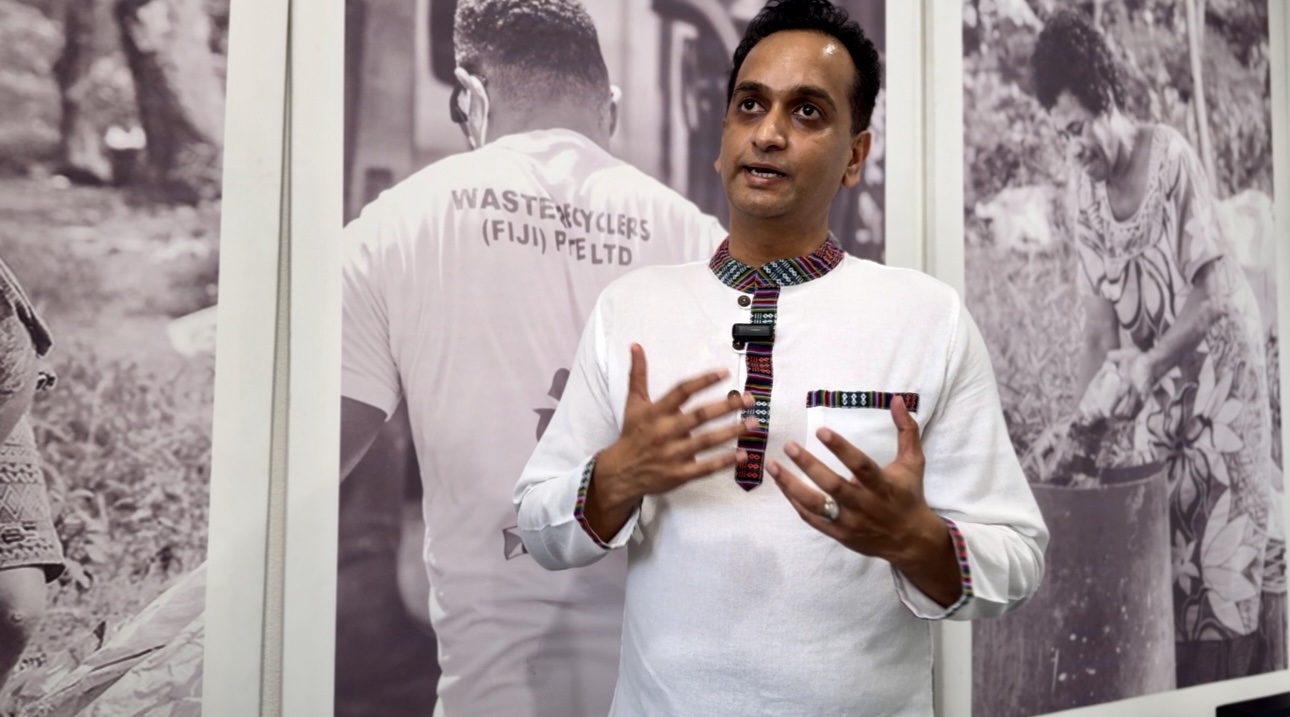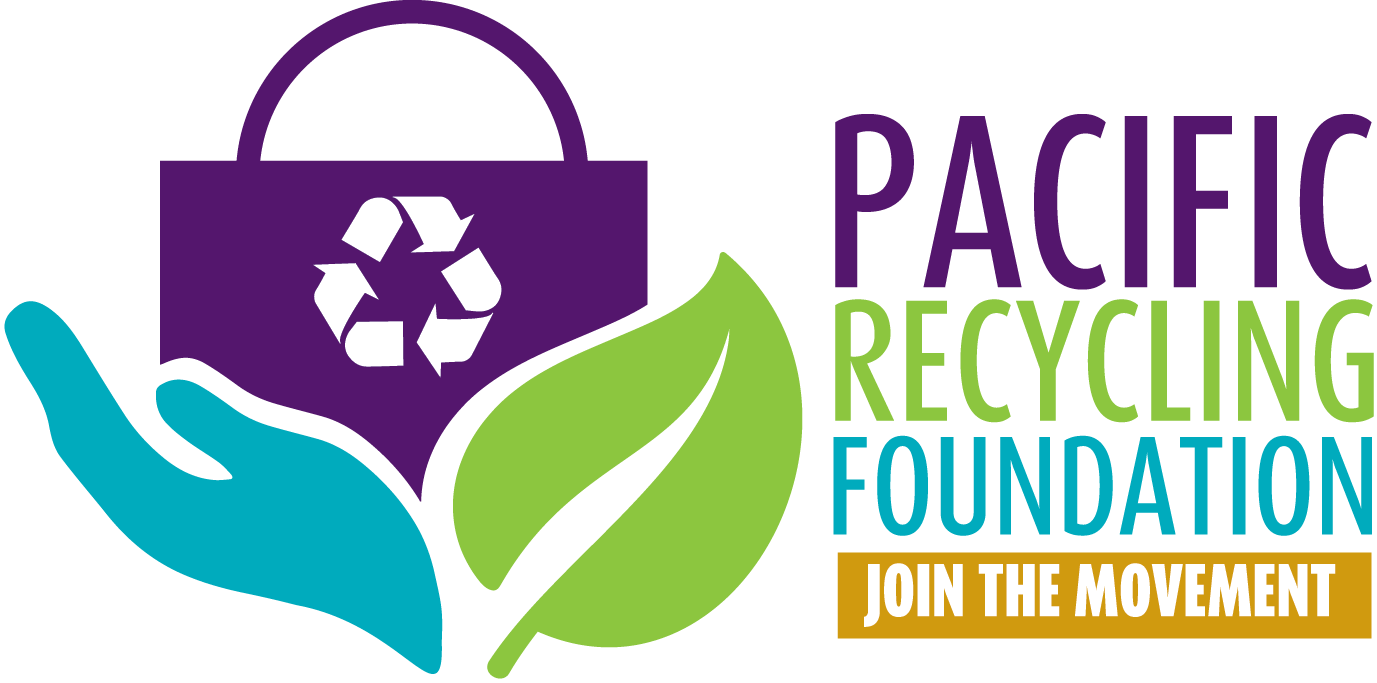WRFL Marks 31 Years: A Bittersweet Milestone in Fiji’s Waste Management Journey

As Waste Recyclers Fiji Limited marks its 31st anniversary today (4th May), the company is using this milestone not only to reflect on its journey but to call attention to the persistent challenges and misguided approaches in the nation’s waste management systems.
Founded in 1994 by the late Peter Bray, WRFL has been at the forefront of mainstream recycling in Fiji. Yet, 31 years on, the struggle continues, and it’s time for deeper, more honest conversations about what constitutes meaningful progress in the sector.
“This anniversary is a bittersweet victory,” said Amitesh Deo, CEO of WRFL and Founder of Pacific Recycling Foundation.
“Yes, it is a testament to our resilience and perseverance, and we are now seeing encouraging signs – greater political will and more partners stepping forward to work with us. But how can we truly celebrate when land, creek, and river clean-up campaigns continue to be portrayed as groundbreaking waste management solutions,” said Deo.
Deo said while clean-up campaigns have their place, WRFL and PRF are urging stakeholders not to mistake them for comprehensive or innovative waste management strategies. Such campaigns, often short-term in nature and media-friendly, are being over-promoted as signs of progress, when in reality, they leave the deeper systemic issues unaddressed.
“Let’s be honest. What happens to the waste and recyclables collected during clean-up campaigns? Are they being recovered and reintegrated into a circular system, or are they still ending up at dumpsites or the Naboro landfill. That’s the uncomfortable question no one wants to ask,” said Deo.
WRFL believes that true innovation in waste management must focus on systemic change, policy reform, recycling advocacy and infrastructure, and inclusion, particularly of the Collection Pillars of Recycling.
Deo also raised serious concerns about the increasing use of school students to clean up waste at public events, particularly sports gatherings.
“In recent sports events, we have seen school students tasked with cleaning up, sometimes offered small incentives like tickets in return. This is a form of disguised exploitation. Why are we not holding adults responsible for cleaning up after these events,” stressed Deo.
Deo emphasised that school students should be empowered as advocates for behaviour change, not treated as waste collectors.
“We were even told by a senior environmental official that this is a cheaper option than hiring cleaning crews. But is this what we are calling a long-term solution,” questioned Deo.
According to Deo, the establishment of PRF in 2022 was a direct response to this need for a rights-based, socially inclusive, and environmentally sound framework for waste management in Fiji.
“It is not rocket science. A clean-up is not a waste management system. If we are to move forward, we must stop confusing visibility with effectiveness. We need accountability, structure, education, and investment, not just gloves and garbage bags,” stressed Deo.
As WRFL enters its 32nd year, the company reaffirms its commitment to proper waste management systems, driving meaningful change, supporting grassroots efforts, and challenging tokenistic approaches to environmental sustainability.
